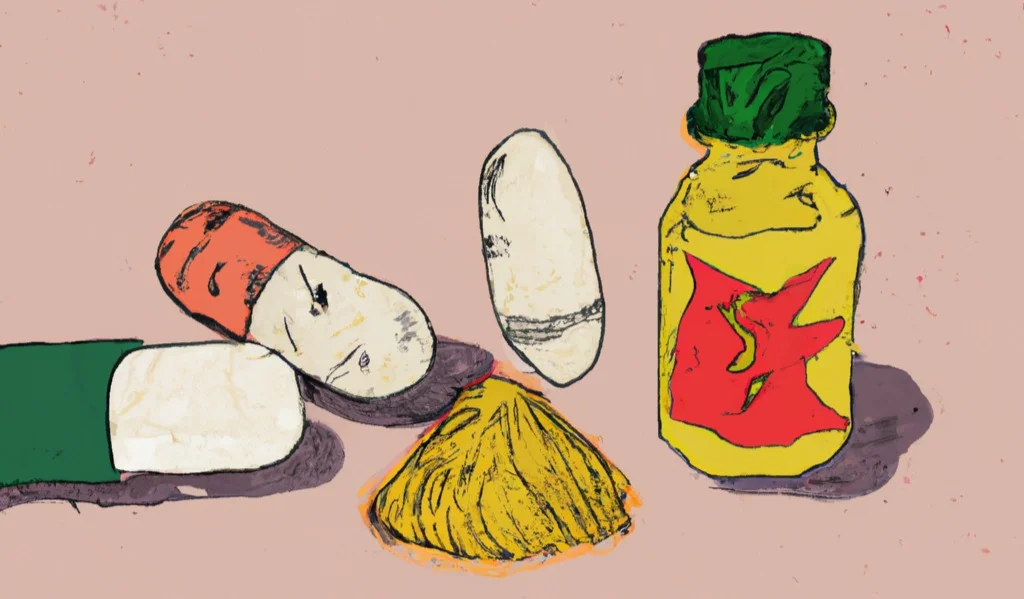On June 23rd, 2023, the FDA made history in the psychedelics space by presenting its first-ever recommendations and considerations for executing clinical trials involving psychedelic drugs. With the growing popularity and research in this field, it’s a significant step forward in governmental institutions recognizing the potential of these substances. The FDA is currently collecting suggestions on the draft, which are possible to submit until August 25th.
Over the last two weeks, I’ve been reflecting on this topic and will use this article as an opportunity to share my personal thoughts.
What does the guidance contain, exactly?
The majority of the FDA’s guidance can be applicable to clinical trials of any therapeutics. However, the following considerations specifically pertain to psychedelic therapeutics:
- Investigational New Drug (IND) Application: Depending on the availability of sufficient toxicology data from prior clinical studies, some trials may be permitted without animal toxicology testing.
- 5-HT2B Receptor and Cardiac Effects: Special attention must be given to the impact of psychedelics on the heart and their binding affinity to the 5-HT2B receptor.
- Psychological Support: The evidence of psychological support contributing to psychedelic trials’ therapeutic outcomes was deemed limited by the FDA. Therefore, the inclusion of such support in the study design must be justified and quantified.
- Separation of Roles: To minimize bias, researchers providing integration sessions should be distinct from those involved in the dosing sessions.
- Blinding: The FDA suggests utilizing control groups that receive sub-perceptual psychedelic doses or drugs simulating certain aspects of the psychedelic experience to ensure blinding.
- Attendance: Two healthcare professionals, a lead and an assistant monitor, should be present during the trials.
- Study Duration: For most indications, the FDA recommends a 12-week evaluation period with follow-up assessments extending one year.
My Opinion: The Good
This month, there have been over 224 psychedelic studies, either live or currently recruiting patients. It is wonderful news that the FDA acknowledged the therapeutic potential of psychedelic-inspired compounds and saw it as more than a trend. By providing a framework for conducting clinical trials, the FDA aims to ensure rigorous scientific investigation into the safety, efficacy, and potential applications of these drugs.
The support of a governmental institution like the FDA could potentially accelerate the wider acceptance of psychedelics among the general public. It may also encourage other institutions to take proactive measures related to these compounds. This could involve taking action toward the establishment of accreditation methods for psychedelic therapists and microdosing coaches, the improvement of laws pertaining to the production and manufacturing of plant-based medicines, and the promotion of more relaxed regulations by governments regarding these substances.
My Opinion: The Bad
That being said, I do have some criticism of the draft. The FDA argues that combining psychedelics and psychotherapy makes for messy trials, to the point where any use of psychotherapy must be well-justified. This demonstrates a lack of consideration for the importance of setting and support structures in psychedelic healing. While many companies are developing drugs that are able to be taken without the support of a therapist, the majority continues to focus on compounds for psychedelic-assisted therapy, where the patient’s relationship with their therapist and the guidance received by them plays a crucial role in therapeutic outcomes.
I believe that the FDA’s concern with therapists may in turn lead to psychedelic pharmaceutical firms being driven more by company profits since a large cost driver (therapists) would be removed. I find this disappointing as the positive outcomes of psychedelic-assisted therapy were one of the main drivers of these compounds’ increased popularity, and there is a mountain of anecdotal and scientific evidence of its profound effect.
Another aspect I dislike is the recommendation to have a separate clinical for conducting integration and dosing sessions. This is not representative of real life, where relationship-building with a therapist is key for clients’ safety and outcomes. In practical terms, transferring information between the two practitioners would be time-consuming and may carry the risk of incomplete information transfer.
My last criticism regards the role of psychological support. The FDA recommends the presence of a lead monitor with a graduate degree and psychotherapy experience, and an assistant, with at least a bachelor’s and one year of mental health training. I agree with Chris Witowski, Co-founder of Psilera, who has mentioned in a Linkedin post that given the scale of the mental health problem, the assistant monitor requirement should be reduced, allowing for certifications alternative to formal education. A bachelor’s degree will not necessarily facilitate better care than a specialised training program in the field.
Conclusion
That being said, what is best about this situation is the amount of stakeholders that the FDA is engaging to optimize these guidelines. The organization is also collecting general feedback on the draft until August 25th. It is also important to note that while the FDA provides guidelines against which they will assess new drugs, they also understand that flexibility may be necessary to accommodate unique circumstances or innovative approaches. As the FDA continues to gather public input and refine the recommendations, it will be intriguing to witness the final version,
Image via Dall-E













